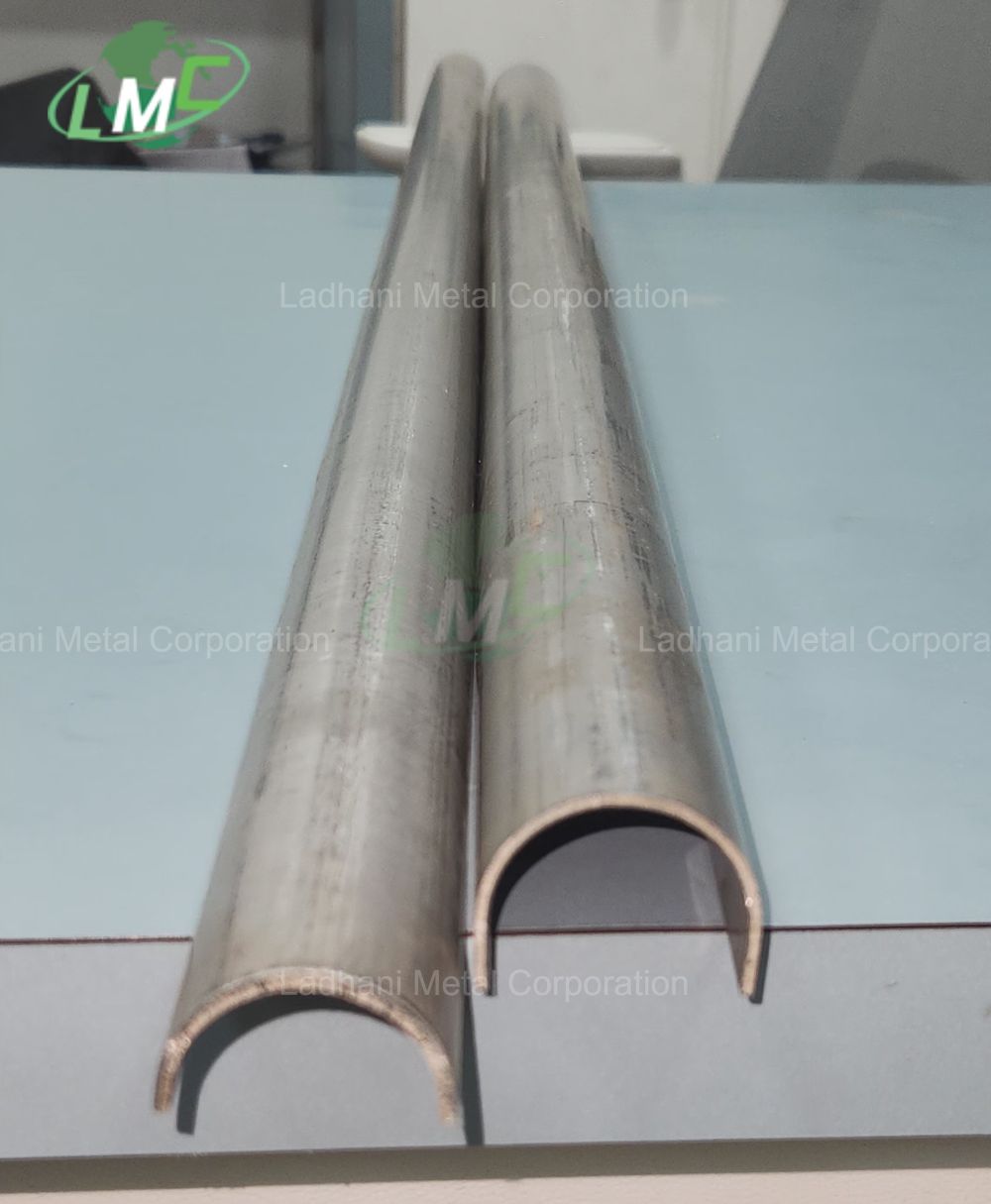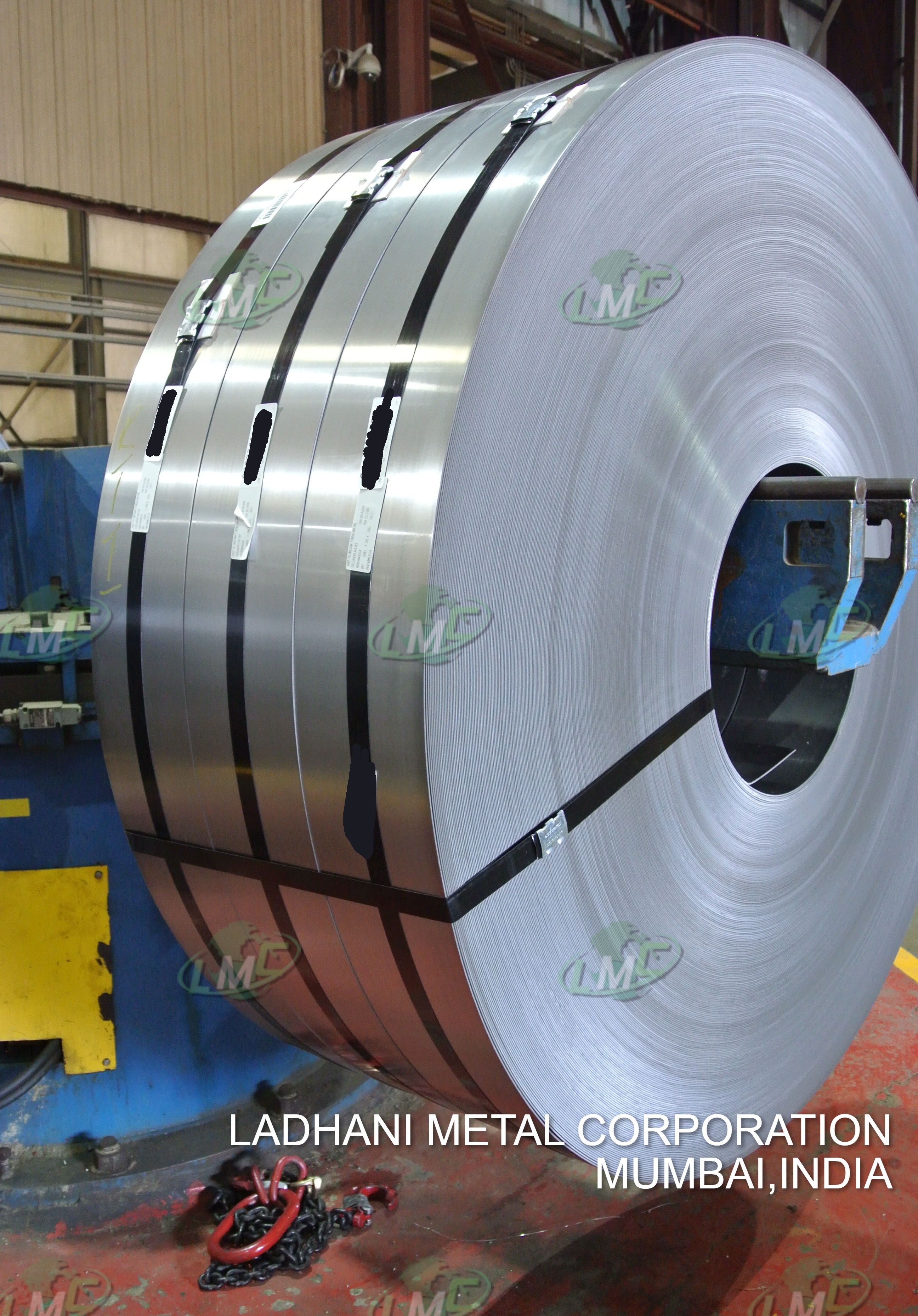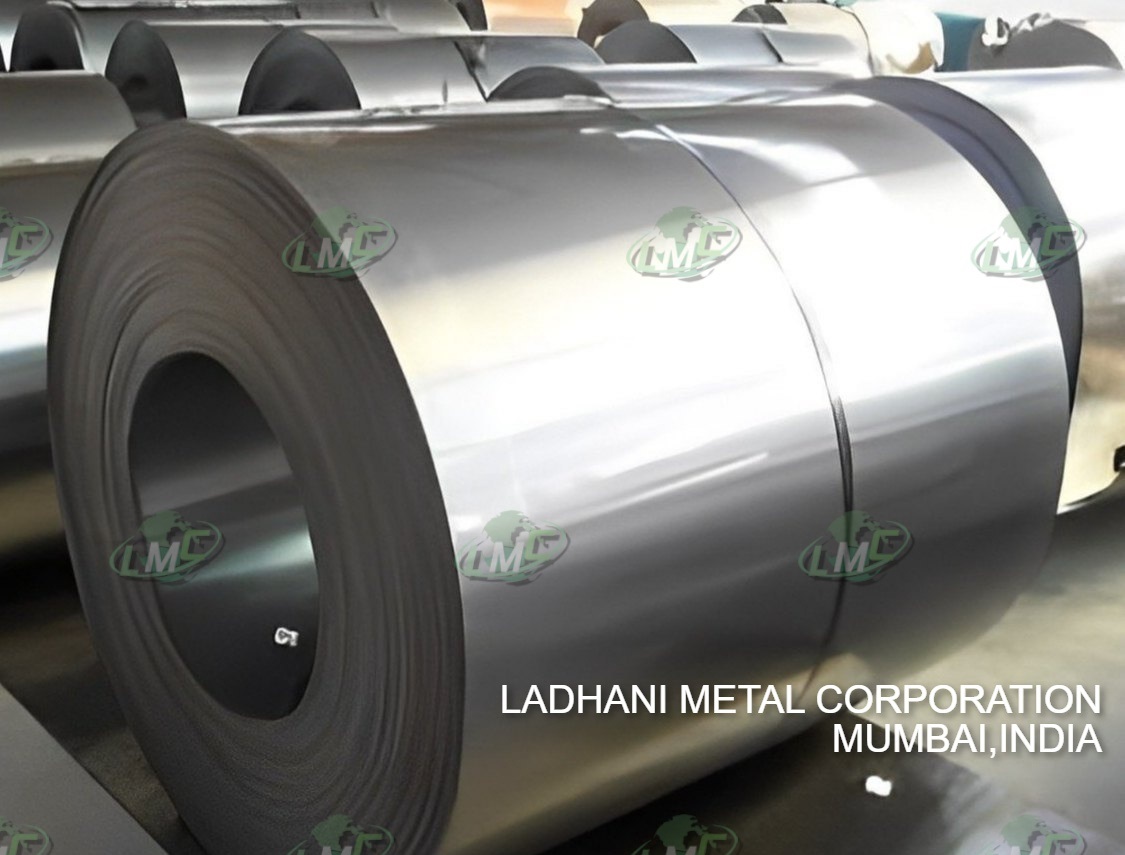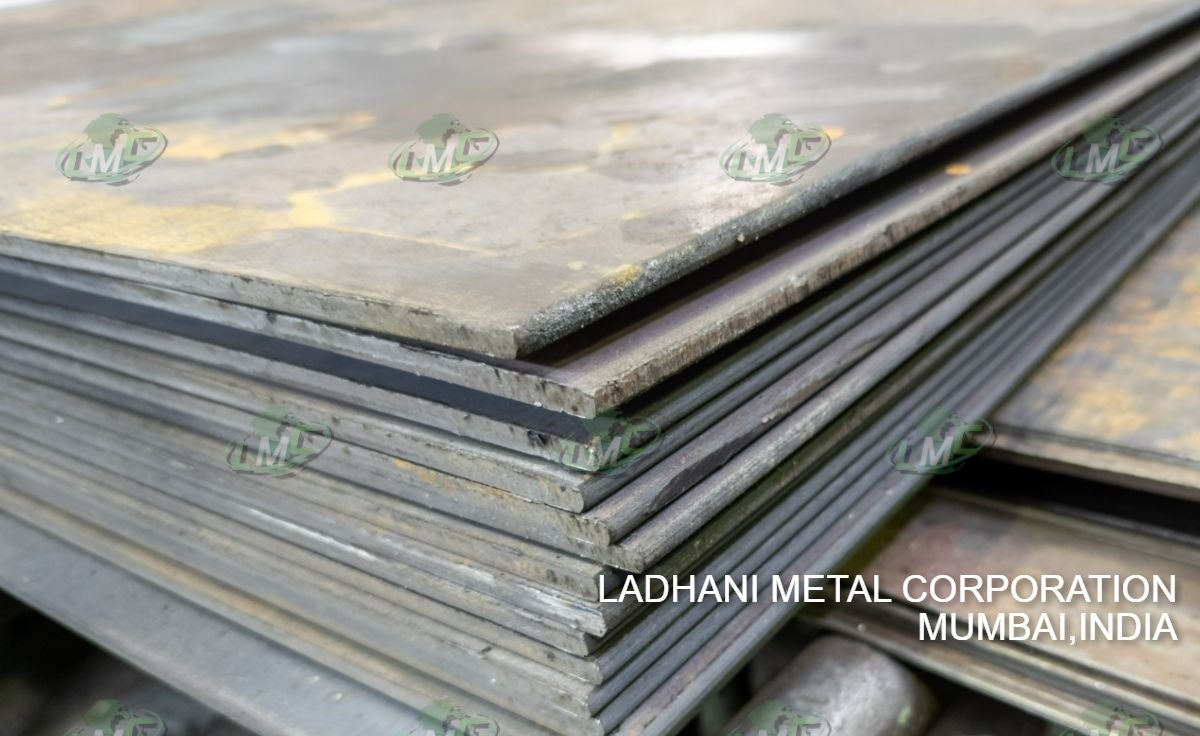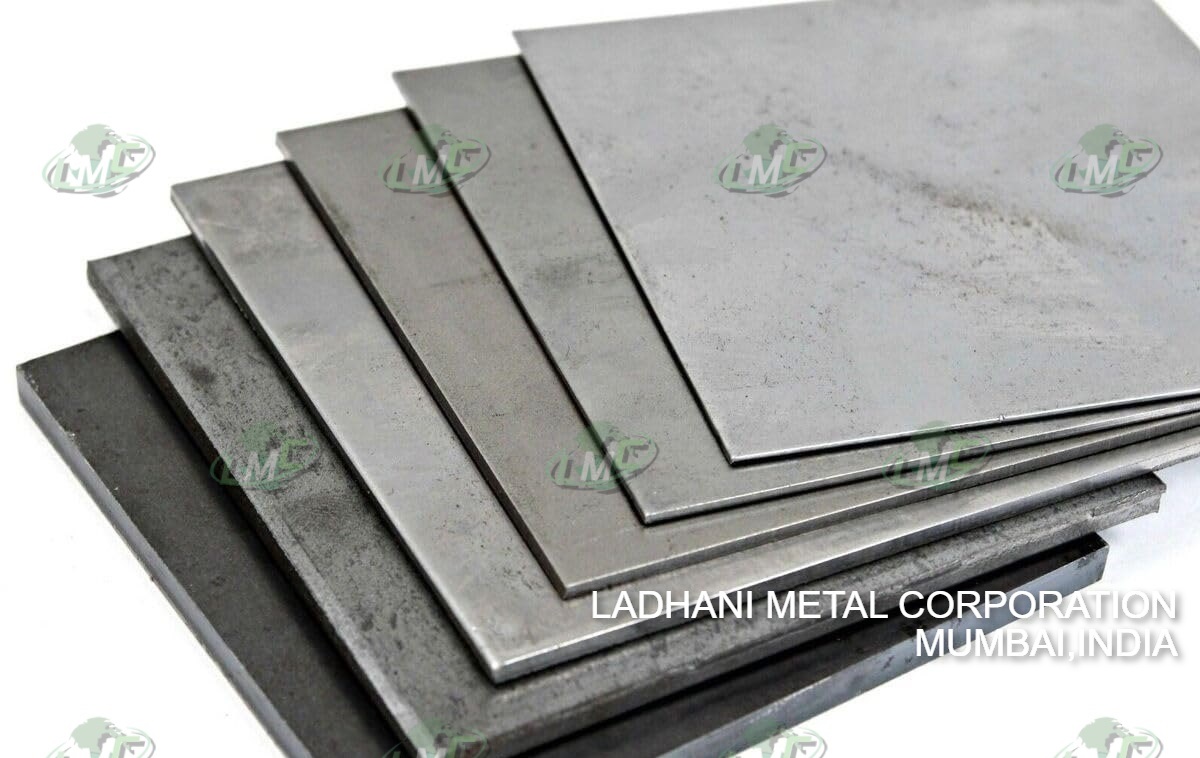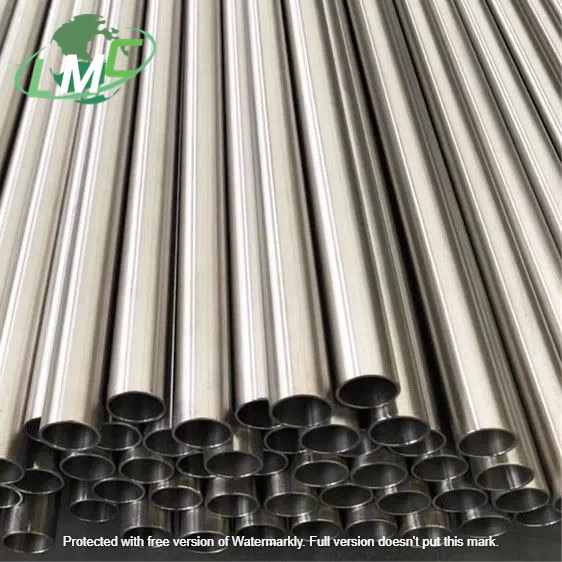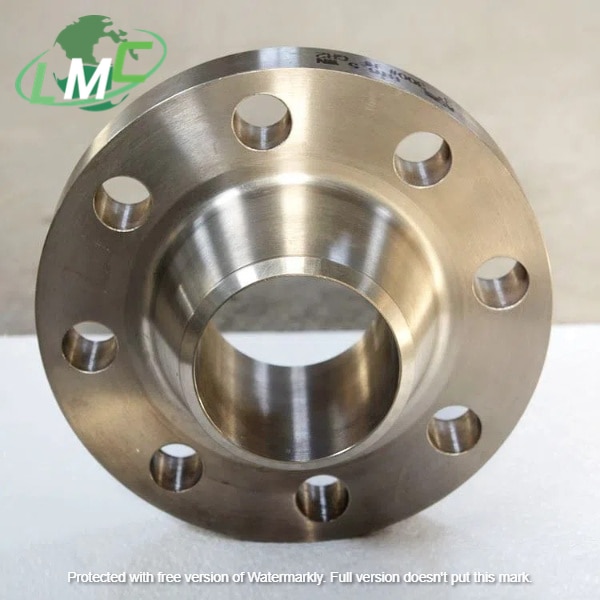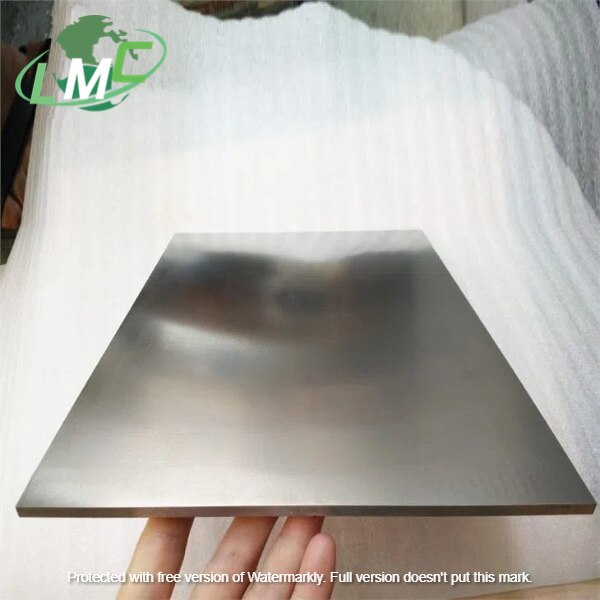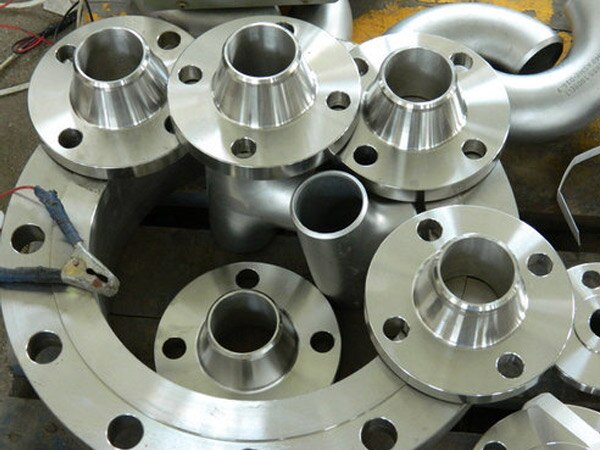Ladhani Metal Corporation offers Anti-Corrosion Half Round Tube Shields designed to protect boiler tubes, economizers, superheaters, reheaters, and heat recovery systems from chemical attack, scaling, and oxidation in high-temperature and corrosive environments. These semi-cylindrical shields act as a sacrificial barrier, covering exposed tube surfaces and preventing premature wear caused by flue gas corrosion, ash deposits, and aggressive operating atmospheres. By reducing corrosion-related damage, Anti-Corrosion Half Round Tube Shields extend tube service life, lower maintenance costs, and improve overall boiler efficiency. Function of Anti-Corrosion Half Round Tube Shields • Provide a protective covering against corrosion, oxidation, and scaling • Reduce surface degradation in corrosive gas and ash-laden environments • Extend operational life of tubes under high-temperature service • Minimize shutdowns and replacement costs in boilers and heaters Ladhani Metal Corporation manufactures, supplies, and exports Anti-Corrosion Half Round Tube Shields in a wide range of stainless steels and heat-resistant alloys for domestic and international power and process industries. Available Grades • SS 304 / SS 304L • SS 310 / SS 310S • SS 316 / SS 316L • SS 410 / SS 420 / SS 430 • 1Cr13 • 1Cr18Ni9Ti • 1Cr20Ni14Si2 • 1Cr25Ni20Si2 • Cr23Ni13 • Cr25Ni20 Applications: Widely used in power plants, WHRBs, HRSGs, refinery heaters, petrochemical furnaces, and industrial steam boilers operating in corrosive and high-temperature zones. Uses • Shields boiler tubes against flue gas corrosion and scaling • Protects reheater and superheater sections from oxidation • Extends tube life in economizers and waste heat recovery boilers • Reduces maintenance downtime in petrochemical and refinery heaters Features • Excellent resistance to corrosion and oxidation at elevated temperatures • Strong mechanical performance under cyclic heating conditions • Custom-engineered for precise fit over tube curvature • Easy to install, remove, and replace during boiler overhauls Applications • Thermal power stations – Corrosion protection for superheater and reheater tubes • Waste heat recovery systems – Guards economizer tubes from corrosive flue gases • HRSGs – Reliable under varying operating cycles • Petrochemical and refinery heaters – Durable in aggressive atmospheres Conclusion Anti-Corrosion Half Round Tube Shields by Ladhani Metal Corporation provide long-lasting protection against corrosion, scaling, and oxidation in critical boiler and heater applications. Available in stainless steels and special alloys, these shields are engineered for superior durability, extended service life, and export-quality performance across global power and process industries. #Mumbai #Pune #Ahmedabad #Vadodara #Surat #Rajkot #Jamnagar #Bharuch #Ankleshwar #Vapi #Delhi #Faridabad #Ghaziabad #Noida #Gurugram #Chennai #Coimbatore #Tiruchirappalli #Hyderabad #Visakhapatnam #Vijayawada #Bangalore #Mangalore #Mysore #Kolkata #Durgapur #Asansol #Bhubaneswar #Rourkela #Raipur #Bhilai #Bilaspur #Nagpur #Nashik #Aurangabad #Indore #Bhopal #Jabalpur #Kanpur #Lucknow #Varanasi #Jaipur #Kota #Udaipur #Jodhpur #Chandigarh #Ludhiana #Jalandhar #Haridwar #Dehradun #Agra #Meerut #Aligarh #Moradabad #Bareilly #Mathura #Gwalior #Rewa #Satna #Sagar #Ujjain #Ratlam #Solapur #Kolhapur #Amravati #Akola #Jalgaon #Latur #Sangli #Nanded #Gandhinagar #Bhavnagar #Mehsana #Surendranagar #Junagadh #Nadiad #Nizamabad #Karimnagar #Warangal #Kurnool #Nellore #Tirupati #Madurai #Tirunelveli #Thoothukudi #Belgaum #Hubli #Tumkur #Sambalpur #Jamshedpur #Ranchi #Dhanbad #Patna #Muzaffarpur#halftubeshield #utypehalftubeshield #tubeshieldexporter #TubeShield #HalfTubeShield #SSHalfRoundShield #BoilerTubeShield #BoilerShield #TubeProtection #Tubeshieldmanufacturer #BoilerTubeProtection #SSTubeShield #MetalIndustry #SteelFabrication #IndustrialShielding #SS304Shield #SS316Shield #StainlessSteelShield #WeldOnShield #WeldedTubeShield #TubeCladding #BoilerTubeSleeve #TubeSleeve #MetalFabrication #PowerPlantSupplies #RefineryEquipment #ProcessIndustry #MetalComponent #TubeShieldForBoilers #BoilerParts #SteelSolutions #TubeShieldManufacturer #TubeShieldSupplier #SSShielding #IndustrialTubeShield #BoilerTubeGuard #CustomMetalParts #SteelIndustryIndia #MetalEngineering #HeavyIndustrySupply #StainlessSteelIndia #SteelExporters #MetalComponentExport #FabricatedProducts #SteelDealer #IndustrialSupplyIndia #BoilerTubeFittings #TubeShieldingSolutions #HalfTubeCover #HeatExchangerShield #HalfRoundReheaterShield #ReheaterTubeShield #BoilerReheaterProtection #PowerPlantTubeShield #BoilerErosionShield #SteamBoilerTubeShield #HighTempTubeShield #BoilerWearProtection
Send Message
